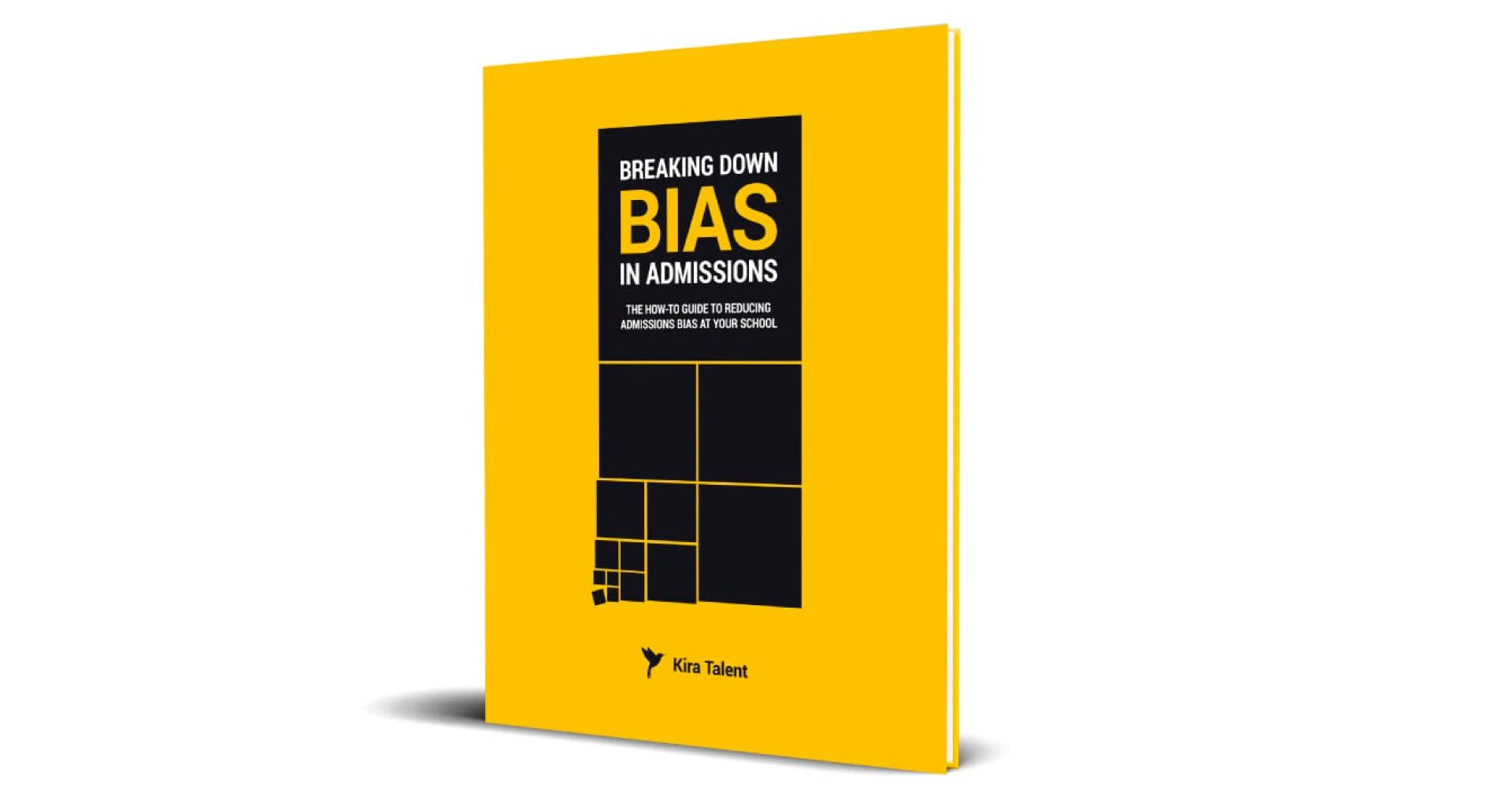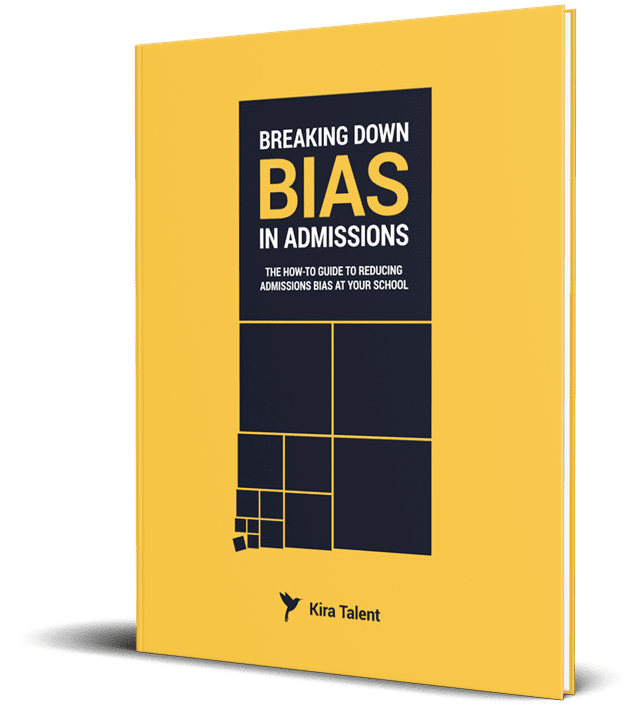Among the hundreds, and maybe even thousands, of applicants to your engineering program, how do you know between one high GPA and another high GPA who will make the better engineer?
While one applicant may be able to solve a technical challenge faster, another may have a deeper commitment to ethics that causes them to pause and consider all possible outcomes. It’s hard to tell between the two using grades and test scores, and even with a few essay questions.
Over the last decade, the importance of assessing for non-cognitive traits in engineering has become increasingly clear. Both the American Association of Engineering Societies (AAES) and Engineers Canada (EC) have developed recommendations for ‘competencies’ or ‘non-cognitive-traits’ that are present in successful engineering candidates.
However, engineering programs are still trying to find the optimal way to assess and identify critical traits at the undergraduate level when they have hundreds, and even thousands, of applicants to consider. Seats in undergraduate engineering programs are in high demand, but for most schools, there simply isn’t capacity on their team to do a broad assessment of each applicant.
There needs to be a balance between the most effective and most efficient way to review all of these applicants within the resources you have while striving to keep your assessment as fair and consistent as possible.
First, choose key traits that represent success in your program
There are dozens of specific qualities engineering programs could focus on in their supplementary admissions packages:
- Integrity
- Empathy
- Communication Skills
- Collaboration
- Motivation
- Resilience
- Reliability
- Adaptability
- Organization
...Just to name a few.
You can’t assess for all of them at once. It’s unsustainable for reviewers, and it’s a difficult bar for applicants to reach within limited application materials.
Select the traits most important to your school’s mission and vision. These should align with your objectives and can be based on past performance of great graduates. Evaluating applicants based on the core traits you’ve identified in your best students will help you build stronger classrooms and train better engineers.
Let's look at two of the most relevant examples: Empathy and Integrity. Both of these traits are commonly cited as critical to the field of engineering but have no written test to evaluate their presence.
Empathy
In both engineering and design, empathy is a critical interpersonal skill that reflects the needs of the client or stakeholder at the core of the solution. When seeking ‘empathy’ in engineering applicants, the trait can often be boiled down to their motivations, attitudes, and approaches to problem-solving.
Organizations like the AAES and Engineers Canada identify empathy as foundational to the success of an engineer, yet, a 2013 study found that engineering students scored lower in empathy than what the researchers called ‘caring-professional’ students.
There’s a gap between the need for empathy in the engineering profession, and schools’ ability to identify it in their incoming classes, due to the heavy focus on test scores and grades in the admissions process.
What to consider in applicant responses:
- Can they articulate ‘why’ they care about a problem?
- Are they interested and invested in finding the best outcome for the purpose intended?
- Are they motivated to make a difference in their field of study?
Integrity
Engineers have a responsibility to maintain a delicate balance of pushing their limits to work faster, more efficiently, and more sustainably, without ever compromising the safety or reliability of their work.
While an undergraduate applicant does not know the scope of the engineering projects they will take on in their career, their potential for integrity will be represented by their ability to be honest and fair, and tie decisions back to ethics, personal, and global responsibility.
What to consider in applicant responses:
- Are they quick to come up with excuses when a project fails, or do they assess the situation overall and identify weaknesses?
- Do they take responsibility when they make a mistake?
- Do they ensure precautions when making a change to a project plan that could compromise project quality, safety, or timeliness?
Next, adapt your assessment methods to better assess these traits
Deciding to consider particular qualities is one thing, having the content and methodology in place is another. Asking open-ended situational and behavioral questions allow applicants to walk through their thought process, showcase their communication skills, and share their personality. These are the unique, non-cognitive indicators that will differentiate your applicant pool and help you build a stronger cohort.
Currently, essays are the predominant way for engineering schools to get insights on individuals outside of their grades and test scores. However, they can be time-consuming to review, and often overly edited and rehearsed.
Timed video responses are a great solution for finding the balance between efficiency and effectiveness, as they will give you the level of insight of meeting an applicant in person, without the massive time commitment of an interview.
Finally, build a class of great engineering students
By assessing applicants on their non-cognitive traits, like integrity and empathy, you will better be able to differentiate among top scoring applicants to identify your next class based on how applicants fit into your program.
This will not only help you make better admissions decisions, but it can also help you improve yield and retention as you will have narrowed down the individuals who share values with your school.



